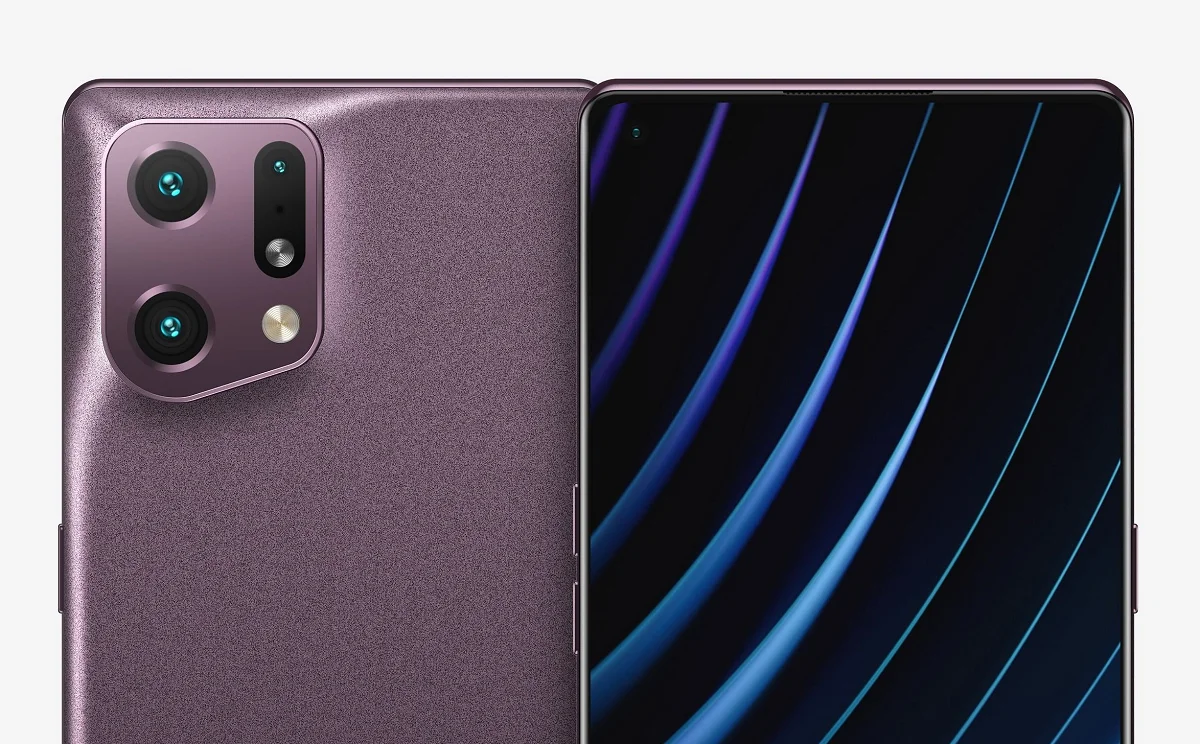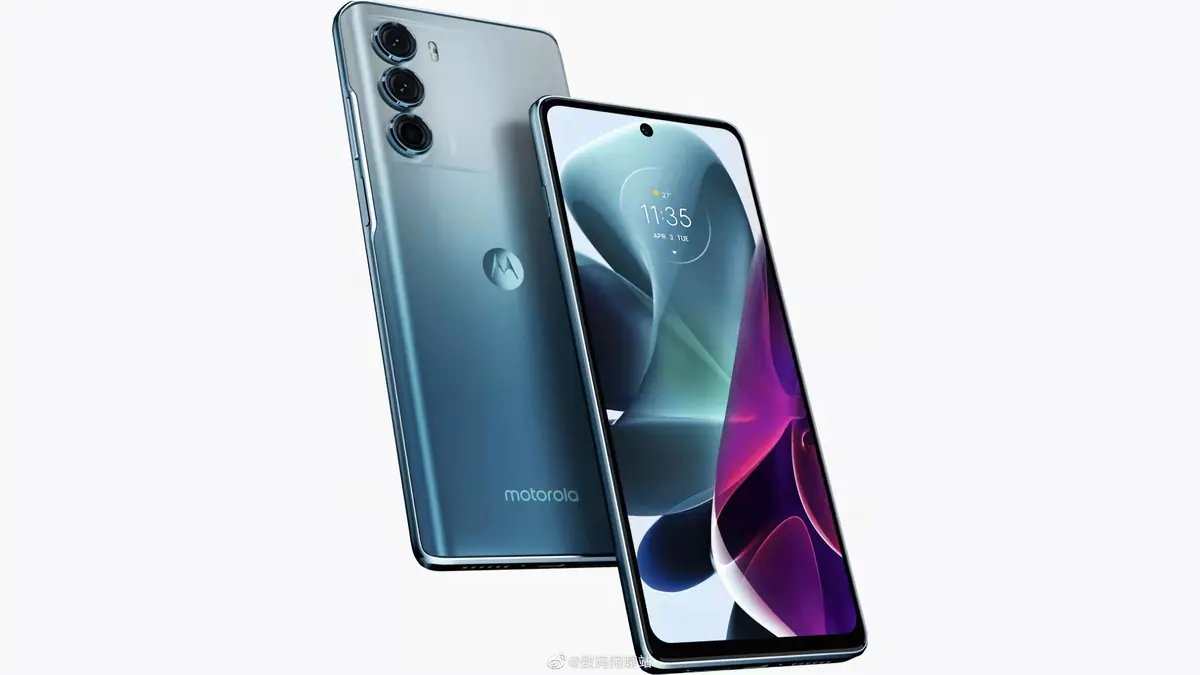We were used to using ChatGPT, Bard or Microsoft Copilot (formerly Bing Chat) in the cloud. If you wanted to take advantage of these chatbots, it was enough to use the browser to access the websites, but all these developments are gradually providing the long-awaited option of using them in native mobile applications. That’s what Microsoft just did.
Microsoft Copilot on Android. The company didn’t want to make too much noise with the release of Microsoft Copilot for Android. The new application is available on the Google Play Store and provides access to this productive AI chatbot without the need to have the Bing application that we have been using so far to benefit from this capacity.
iOS will have to wait. As Neowin points out, this tool is currently available for Android but not iOS. However, iPhone users can still access its features through the Bing app available in the App Store.
Basically a name change. Those who have already used Bing Chat on Android will understand that the new tool is not that new and is essentially a name change, as both its interface and options match those of the original app.
Very similar to ChatGPT. Both the ChatGPT app launched for Android in July (it was already available for iOS in May) and Microsoft Copilot are based on OpenAI models and also leverage DALL-E 3’s features for rendering. Of course: in this case (as in the web version) there is a way to access GPT-4 for free without having to subscribe specifically to ChatGPT Plus.
A copilot for your mobile phone. With the new tool offered by Microsoft, we can ask questions, create images or ask Copilot to write any text for us. We are therefore faced with a solution that brings to our mobile phones and naturally what we can already enjoy on the web, through its newly released own URL copilot.microsoft.com.
Microsoft doesn’t stop. The Redmond company is looking to make the most of its alliance with OpenAI, and its new obsession with “co-pilots” is enabling it to integrate generative AI technologies into nearly every platform on which they have a presence. We saw GitHub Copilot, then Bing Chat on the web, and we’ve seen the wild deployment of copilots over the last few months. The advent of mobile phones was inevitable.
in Xataka | ChatGPT is getting lazy and OpenAI knows it. But if you give him a tip (or tell him you don’t have fingers) he’ll do better.














